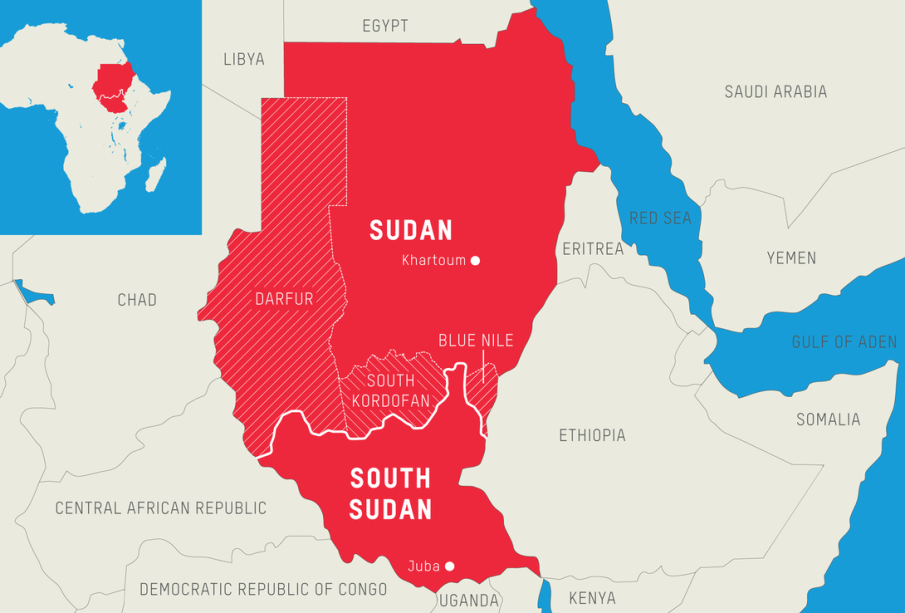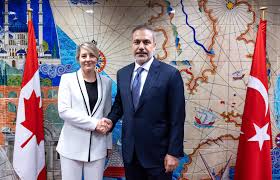Sudan vs South Sudan: A Complex Relationship

Introduction
The relationship between Sudan and South Sudan has been marked by conflict, cultural differences, and political strife since the latter gained independence in 2011. Understanding the current situation in this region is crucial as it not only affects the countries involved but also has broader implications for stability in East Africa. Recently, tensions have escalated due to conflicts in both nations, impacting peace efforts and humanitarian conditions in the region.
The Historical Context
The roots of the Sudan and South Sudan conflict can be traced back to decades of civil wars fueled by ethnic, religious, and economic disparities. After a prolonged struggle, South Sudan achieved independence from Sudan in July 2011. However, issues related to borders, oil reserves, and inter-ethnic conflicts remained unresolved, leading to skirmishes and political instability.
Current Events
As of October 2023, the situation remains volatile. Sudan is grappling with internal conflict exacerbated by a military coup that resulted in the ousting of a civilian-led government in 2021. This has led to widespread protests, further weakening the state. Meanwhile, South Sudan faces its own challenges, including ongoing civil unrest, food insecurity, and economic instability. The fragile peace agreement signed in 2018, meant to end years of civil war, has faced numerous setbacks, and clashes have erupted in various parts of the country.
Furthermore, border conflicts continue to flare, with both sides accusing each other of supporting rebel groups. In recent months, international organizations have called for renewed dialogue between the two nations to address these unresolved issues and promote stability in the region.
Conclusion
The ongoing tensions between Sudan and South Sudan are critical to understanding the larger political dynamics of East Africa. Analysts predict that without significant international intervention and constructive dialogue between the two nations, the likelihood of lasting peace remains grim. For citizens in both countries, the implications of these conflicts are profound, affecting not only their security but also their livelihoods and quality of life. Keeping abreast of these developments is essential for those interested in international relations and humanitarian efforts in the region.









